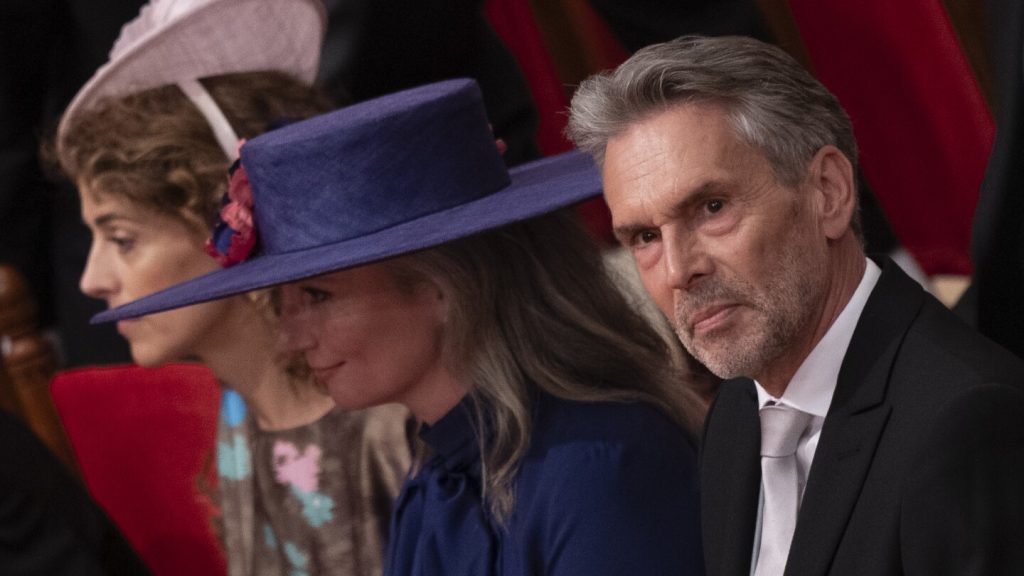The new Dutch government, led by the far-right party of Geert Wilders, has formally requested an exemption from the European Union’s migration obligations. The Dutch Migration Minister cited the need to prioritize public services and fulfill constitutional duties as reasons for the request. This move has stirred controversy and drawn comparisons to Brexit, with Wilders calling it a “mini-Nexit.” Despite his long-standing advocacy for leaving the EU, this is not currently part of the government’s plans.
The government’s policy blueprint includes stricter measures to control and remove migrants who do not qualify for asylum, aligning with popular sentiments across the EU, where populist and far-right parties are gaining traction. While Wilders’ party won the election on a platform of tough immigration policies, the actual request for an opt-out from EU rules is more nuanced. It is contingent on potential treaty changes, which are not expected in the near future. Until then, the Netherlands remains bound by EU migration regulations.
Recent data shows a steady number of asylum applications in the Netherlands, with Syrians, Iraqis, and Turks being among the top nationalities. Meanwhile, the number of deportations has increased, indicating a stricter enforcement of immigration policies. Overall, unauthorized migration to EU countries has declined this year, despite rising anti-immigrant rhetoric and political gains by far-right parties. The Dutch government is considering declaring an “asylum crisis” to implement tougher measures, such as restricting family visas and expediting deportations for ineligible migrants.
The Dutch refugee agency has warned of a shortage of beds at an overcrowded asylum center, prompting the government to propose emergency measures. However, these plans require approval from a key political panel, with at least one governing party expressing reservations. The EU’s asylum agency reports a significant decrease in overall migration to Europe, yet challenges remain in managing the influx of refugees and addressing public concerns. The Dutch government’s request for a migration opt-out reflects the complex dynamics of balancing national interests with EU obligations in the face of a divisive issue.


